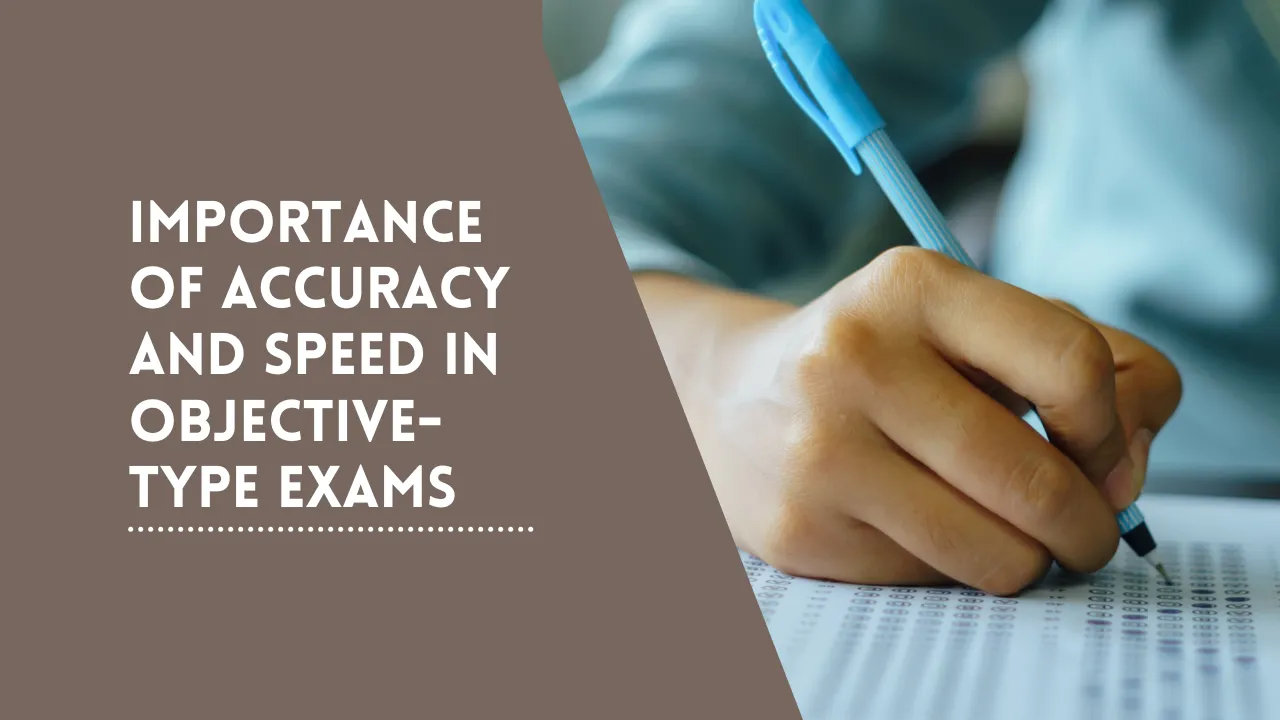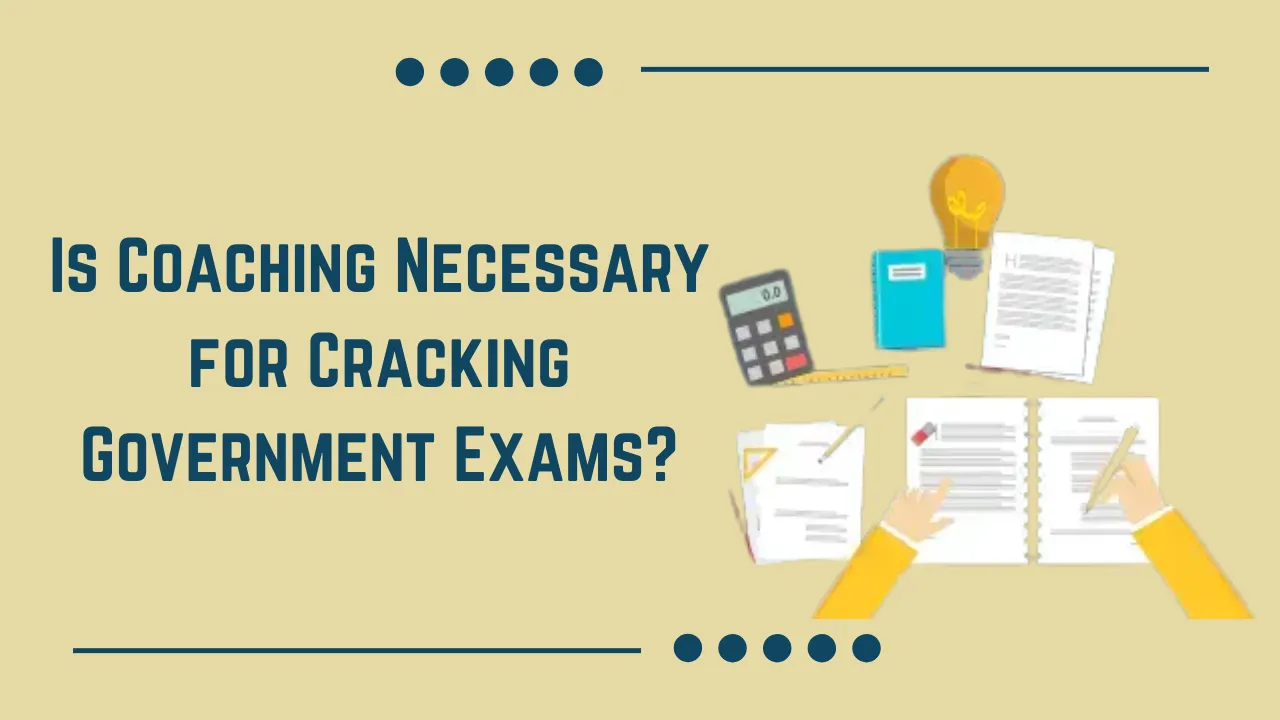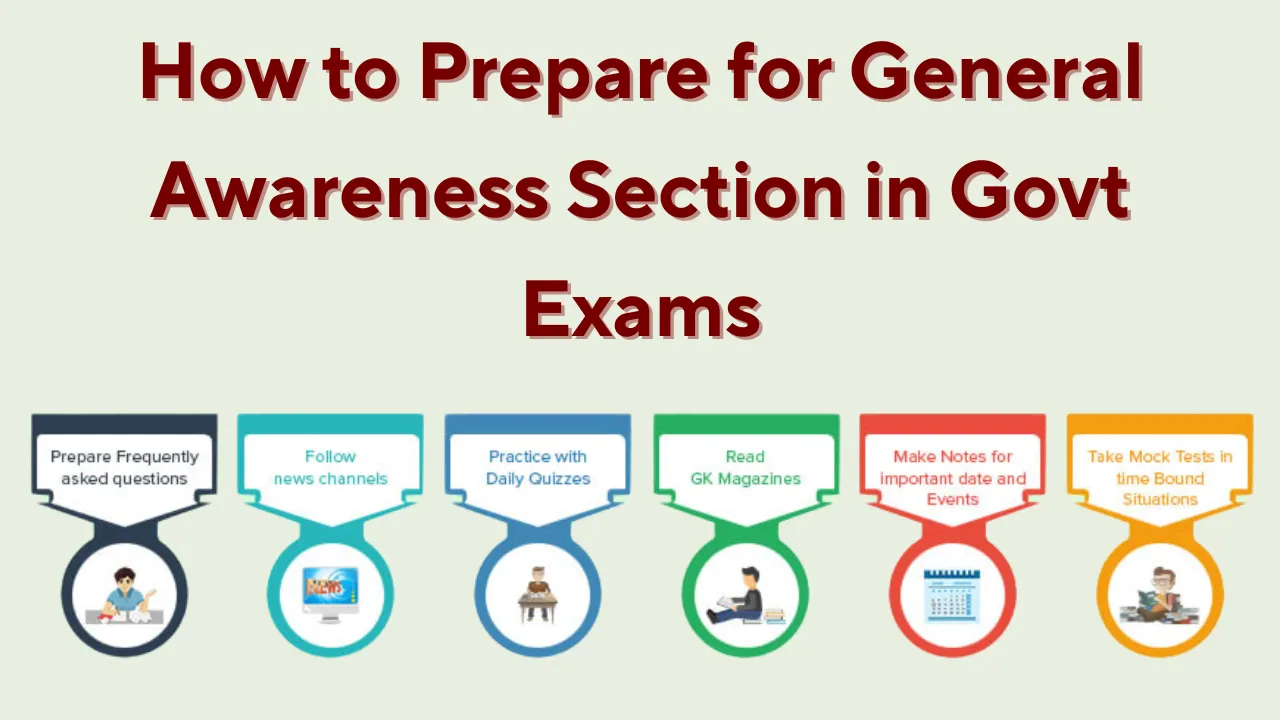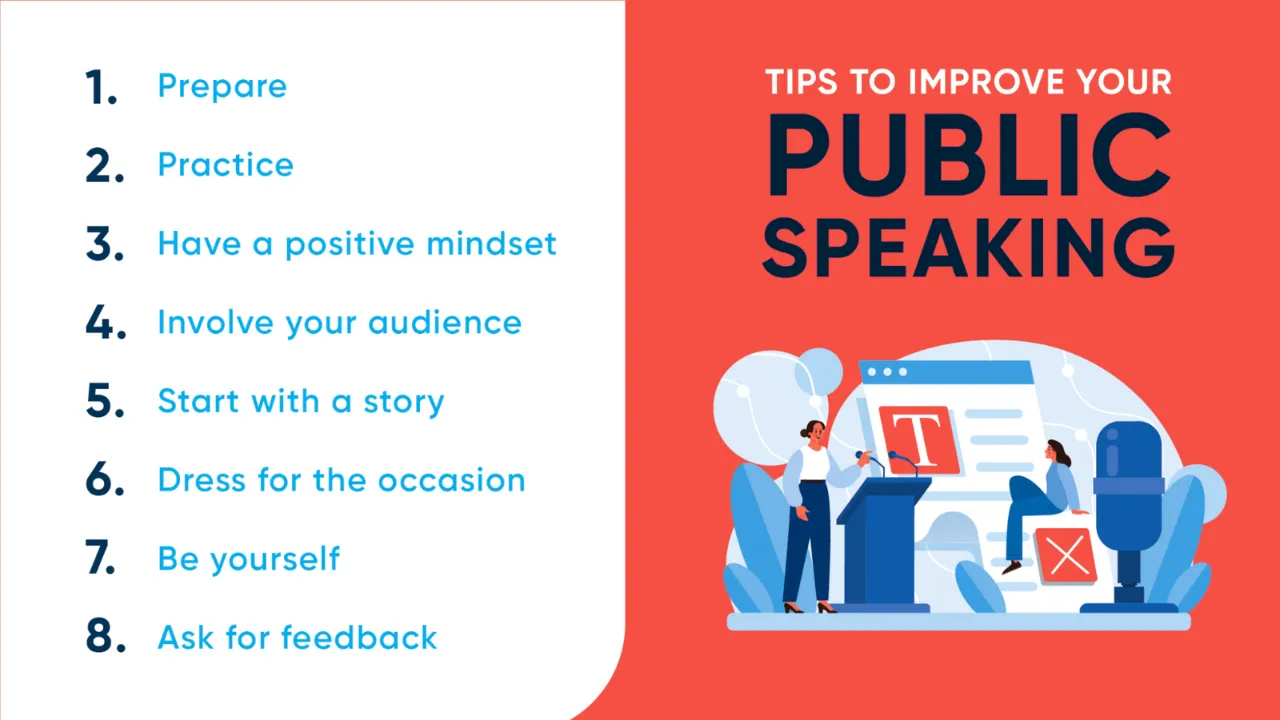Objective-type exams are a key part of many competitive examinations. These tests are designed to evaluate a candidate’s knowledge, problem-solving abilities, and decision-making skills—all within a limited time. Success in such exams is not determined solely by how much you know, but also by how effectively you apply that knowledge under time pressure. Two factors—accuracy and speed—play the most crucial roles. Striking the right balance between the two is essential if you want to maximize your score and outperform the competition.
In this article, we will discuss why accuracy and speed in objective-type exams are so important, how they influence your performance, and strategies to improve both while maintaining the right balance.
Accuracy and Speed in Objective-Type Exams
When it comes to accuracy and speed in objective-type exams, one cannot exist without the other. Accuracy ensures that your answers are correct, while speed allows you to attempt the maximum number of questions in the limited time frame. Relying too much on one while neglecting the other can severely impact your results. Therefore, developing both together is key to success.
Overview Table
| Key Factors | Description |
| Importance of Accuracy | Minimizes negative marking, boosts confidence, reflects true knowledge, avoids careless errors |
| Importance of Speed | Helps complete the exam, attempt more questions, manage time effectively, reduces pressure |
| Balance Between Accuracy and Speed | Both are crucial; focusing only on one can lower your score |
| How to Improve | Regular practice, time management techniques, mistake analysis, shortcuts, staying focused |
Importance of Accuracy
Accuracy is the foundation of scoring well in objective exams. Even if you attempt a large number of questions, incorrect answers—especially in exams with negative marking—can drag down your score significantly.
Minimizing Negative Marking
Many competitive exams deduct marks for wrong answers. Maintaining a high level of accuracy helps avoid these penalties. Guesswork without proper reasoning increases the risk of negative marking, so focus and correctness are essential.
Maximizing Correct Answers
Every correct answer directly adds to your score. High accuracy means you understand the concepts well and can apply them correctly under pressure.
Building Confidence
Consistently answering questions correctly boosts your self-confidence. This confidence helps you stay calm during the exam, reducing anxiety and improving decision-making skills.
Avoiding Careless Mistakes
Accuracy also involves paying close attention to details. Careless mistakes, such as misreading a question or making calculation errors, can be costly. Staying focused helps you avoid these pitfalls.
Reflecting True Knowledge
Finally, accuracy is a true reflection of your grasp over the subject. Speed without accuracy may suggest that you are guessing, not that you truly understand the material.
Importance of Speed
While accuracy is critical, speed plays an equally important role in objective exams, which are often time-bound. You may know the answers, but if you are too slow, you won’t have time to complete the exam.
Completing the Exam Within Time
Speed ensures that you attempt all questions within the given time limit. Leaving questions unattempted due to time constraints reduces your chances of scoring high.
Attempting More Questions
Faster problem-solving allows you to cover more questions, increasing your total score potential. This is especially useful in exams with many questions in limited time.
Managing Time Effectively
Being fast allows you to strategically allocate time to different sections. You can dedicate extra time to difficult questions and sections without the risk of running out of time.
Reducing Time Pressure
When you can solve questions quickly, you feel less time pressure. This mental calmness leads to better concentration and fewer mistakes.
Competitive Edge
In competitive scenarios, the ability to solve questions faster than others can give you a clear advantage.
The Balance Between Accuracy and Speed
The biggest challenge in objective-type exams is maintaining a balance between accuracy and speed. Focusing too much on one and neglecting the other can negatively affect your results.
Accuracy Without Speed
If you focus solely on accuracy but solve questions too slowly, you may end up answering only half the paper. Even if every answer is correct, your total score will be lower because you left many questions unattempted.
Speed Without Accuracy
Rushing through questions without ensuring correctness often leads to careless mistakes and a high error rate. Negative marking can cancel out the benefit of attempting more questions.
The Ideal Scenario
The best strategy is to develop both speed and accuracy through regular practice. Additionally, learn to recognize when to move on from a difficult question rather than wasting too much time.
How to Improve Accuracy and Speed
Improving both accuracy and speed requires consistent effort. Here are some practical tips:
Practice Regularly
Daily practice with mock tests, sample papers, and previous year papers is the best way to sharpen both speed and accuracy. Regular exposure to questions improves familiarity and confidence.
Time Management Techniques
Use techniques like time-blocking, where you set a time limit for each section. Prioritize easy questions first to save time for tougher ones later.
Analyze Mistakes
After every practice session, review your errors. Identify whether mistakes are due to conceptual gaps, calculation errors, or carelessness. Work on eliminating these issues systematically.
Develop Shortcuts
Learn mental calculation tricks, shortcuts for solving math problems, and quick methods for logical reasoning. However, ensure that you understand the underlying concepts first before relying on shortcuts.
Stay Calm and Focused
During the exam, staying calm is key. Don’t panic if you find a difficult question—move on and come back later if needed. A focused mind avoids careless errors and performs better under pressure.
Frequently Asked Questions
1. Why is accuracy important in objective-type exams?
Accuracy minimizes negative marking, builds confidence, and reflects true understanding of the subject.
2. How does speed affect performance in exams?
Speed allows you to attempt more questions within the time limit, manage sections effectively, and reduces time pressure.
3. Can I focus only on speed to attempt maximum questions?
No. Speed without accuracy can lead to many wrong answers and result in negative marking.
4. How can I improve both accuracy and speed?
Regular practice, time management strategies, analyzing mistakes, and learning shortcuts help improve both aspects.
5. What should I do if a question is taking too much time during the exam?
Move on to other questions and return to it later if time permits. Managing time wisely is key.
Final Thought
Mastering accuracy and speed in objective-type exams is essential to scoring high and standing out in competitive exams. One without the other will not yield the desired results. By practicing regularly, managing time well, and staying focused, you can develop the perfect balance between speed and accuracy.
Share your own strategies and experiences in the comments below. Keep practicing, stay confident, and watch your performance improve!







